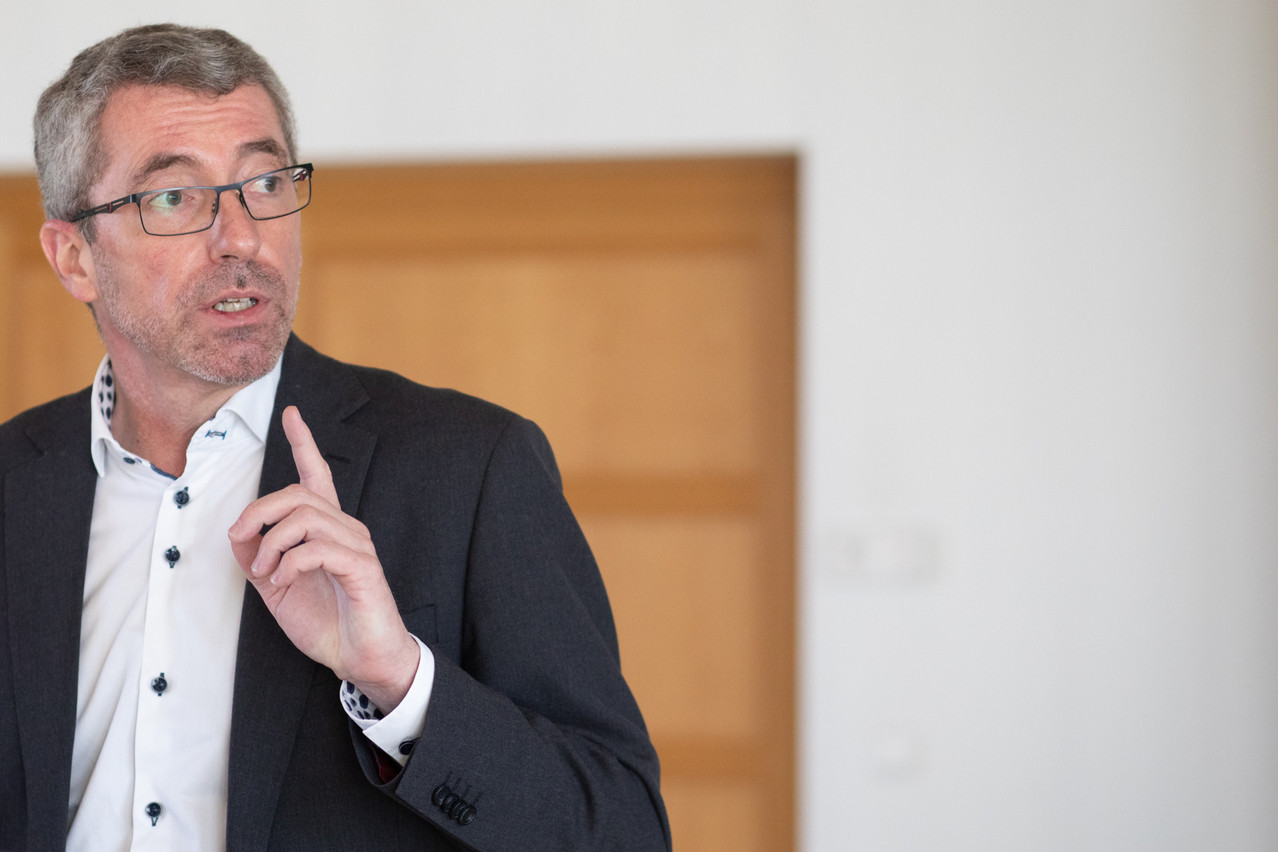Fokus’s full lists haven’t come out yet, but the top names have: in the centre, Luc Majerus in the south, Anne Wolter in the north and Jacques Linster in the east. This means that the party will present lists in all constituencies, but, confirms Engel, only in a few days’ time.
At the congress, the party also presented its primary campaign themes. The agenda centres on the fight against injustices and problems in society, “injustices and problems that cannot be solved by even more growth,” according to the party. “Injustices seen in education and family policy, in health and social policy, in important environmental and energy issues, in housing construction and in mobility--and that can be solved right now.”
Abolition of tax class 1A
The agenda is proactive. Among the proposals unveiled are extensions of parental leave via the introduction of a model in which both parents (for a time) work 80% without a loss of income; the strengthening of the Luxembourg school system rather than the proliferation of international schools; the extension and restructuring of the network of medical centres; the creation of a university hospital; the strengthening of home care; tax reform to ensure equal treatment--tax class 1A is to be abolished; indexation reform to take greater account of the lowest incomes; promoting hydrogen as the technology of the future; and setting up shelters for victims of domestic violence and violence against protected persons.
The real housing problem
Fokus advocates revising the relevant procedures and authorisations in order to encourage construction and reduce bureaucratic obstacles, and abolishing the registration fee for real estate transactions for private housing. But while housing is a key issue for the country, Engel does not believe that it will mobilise voters. Why not? “Only Luxembourgers will be voting in October, and Luxembourgers are all homeowners.”
He continued: “This a state of affairs that reflects one of the major characteristics of Luxembourg society, in which there are a number of acute real and serious problems that only affect non-national residents. The parliamentary elections in Luxembourg are a bubble that barely affects half the residents.”
This is why, in its agenda, Fokus wants to reform the state. The party advocates the participation of non-national residents in parliamentary elections, the direct election of mayors by voters in all communes in a separate ballot, and the direct election of the prime minister. Fokus also wants to separate the offices of mayor and deputy.
Praise for radicalism
What is the meaning of a Fokus vote? “Our ambition is simply to say that all the other parties that claim to be from the political centre, without exception, have only been describing the same problems for 30 years and that they will never solve them. They lack vision, they lack courage, they lack honesty. Our ambition is to pose the real problems and set out the real solutions, which translates into a certain radicalism. This radical approach has become necessary in view of the fact that we are lagging behind in a number of areas, which means that the country is at a standstill. Of course, this can still satisfy a large number of people who are wealthy anyway--but Luxembourg can no longer attract or shine in the way it should if it doesn’t develop in a way that is inclusive and satisfying for everyone.”
This article in French in Paperjam. It has been translated and edited for Delano.
